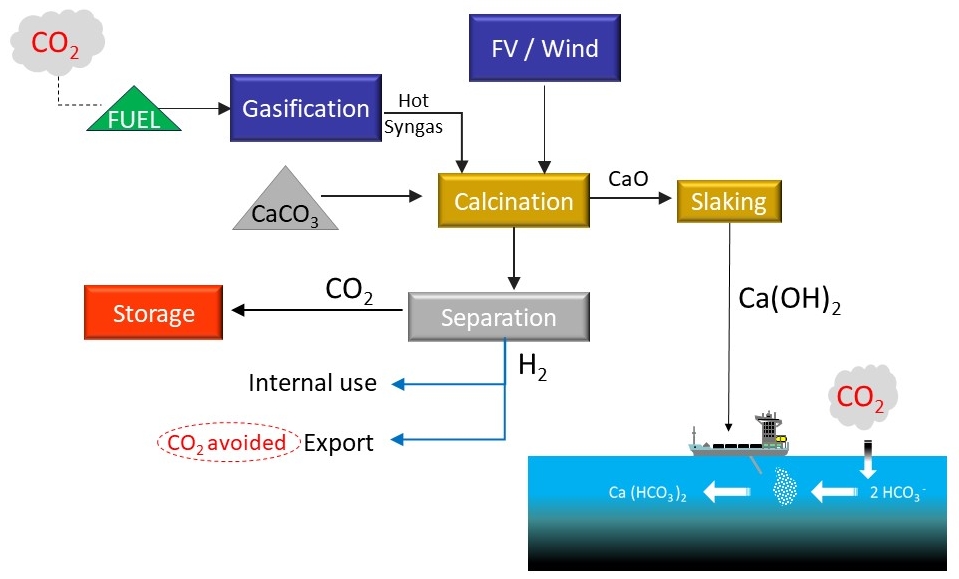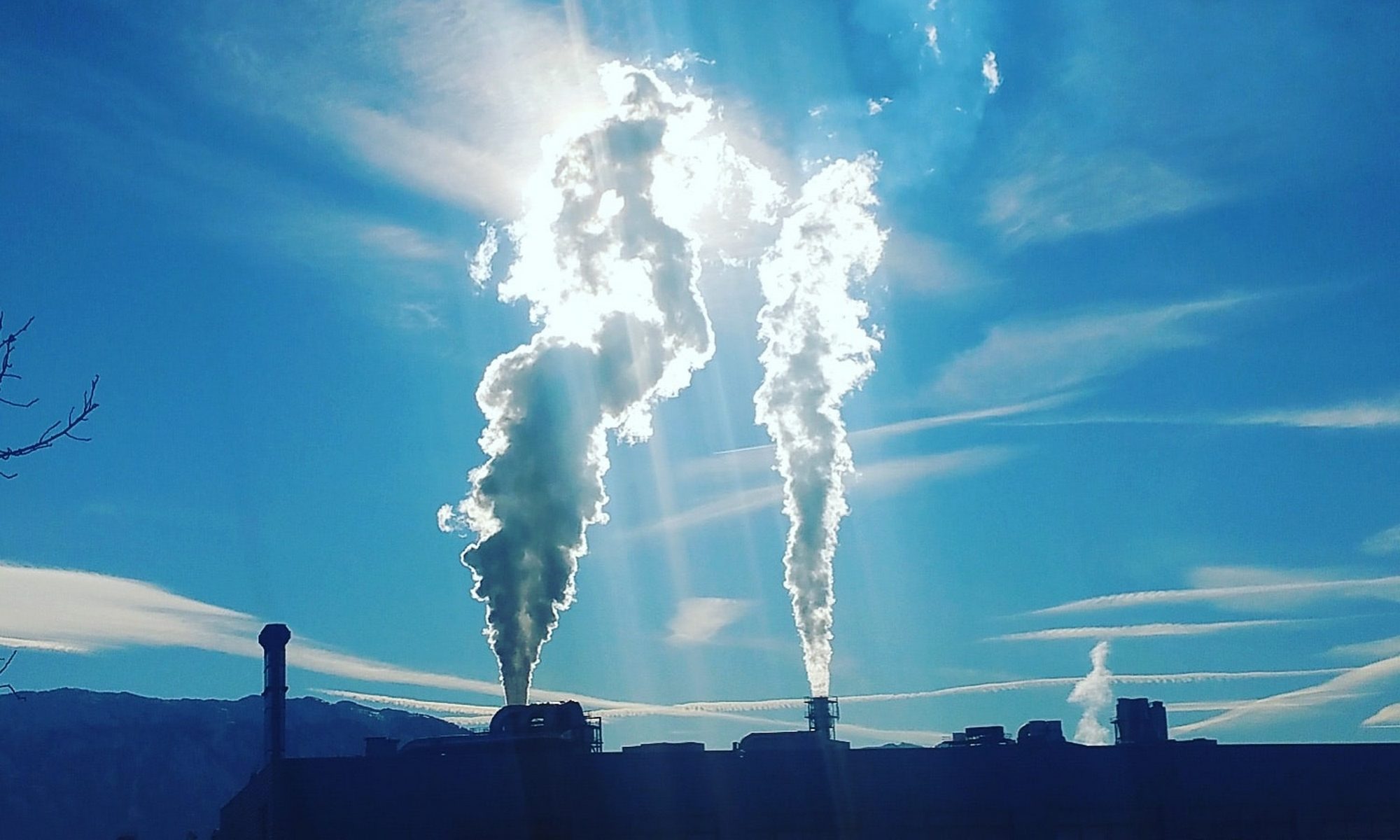The research project DESARC-MARESANUS addresses two environmental problems of great importance: the increase in atmospheric concentration of carbon dioxide (CO2) and the consequent acidification of the oceans.
It has become clear and recognized by the scientific community that human activities, in particular the use of fossil fuels and deforestation, have dangerously increased the levels of CO2 in the atmosphere to unprecedented levels within at least the last two million years. The resulting global warming is already causing impacts on human activities and ecosystems, as recognized by the Special report 'Global Warming of 1.5 ºC' published by the Intergovernmental Panel on Climate Change (IPCC). In parallel to the impacts caused directly and indirectly by the global warming, the diffusion in the oceans of the CO2 accumulated in the atmosphere is increasing seawater acidity, already posing high risks for marine ecosystems, in particular coral reefs.
To limit global warming "well below 2 ° C", as agreed under the Paris Agreement, a drastic reduction in greenhouse gas emissions is crucial but no longer sufficient, since it becomes necessary, to start removing CO2 from the atmosphere, in quantities the more significant, the more emissions reduction is postponed.
The "DESARC-MARESANUS" project aims at studying and assessing a process for removing CO2 from the atmosphere and simultaneously counteract ocean acidification. This process, already analysed at Politecnico di Milano, with the first preliminary results published in the journal "Mitigation and Adaptation Strategies for Global Change" , is based on biomass gasification to produce lime which is spread in the oceans in order to decrease their acidity, also generating decarbonized energy by-products such as hydrogen. The research activity of DESARC-MARESANUS project aims to study more in detail the technical and economic feasibility of the process, and the benefits for the marine sector, with a focus on the Mediterranean.
The research involves collaboration between Politecnico di Milano and the Foundation Euro-Mediterranean Center on Climate Change (CMCC) and has received the support of Amundi. CO2APPS is also collaborating at the research, as a technical partner.
The project is composed of four research lines:
Line 1 - Design and optimization of the process for removing CO2 from the atmosphere,: technical and economic aspects of the process, considering different configurations of use of biomass and other energy resources, different by-products to be used for energy purposes, types of CO2 storage and way of spreading alkaline products to counteract acidification of the sea.
Line 2 - Evaluation of environmental aspects and costs of the process: detailed assessment of the environmental benefits (through a Life Cycle Assessment, LCA) and costs (OPEX, CAPEX, etc.) of the process, in different configurations.
Line 3 - Effectiveness in contrasting the acidification of the oceans and in the removal of atmospheric CO2 :: evaluation of the potential contribution of the process in the reduction of the acidification trend of Mediterranean sea, while absorbing CO2 from the atmosphere. Different operating strategies will be considered, using both fluid dynamics models (to assess the dispersion dynamics in the wake of the ships) and numerical modeling to describe the physical circulation and biogeochemical processes of the Mediterranean Sea at a resolution of 1/16 of a degree (~ 6 km).
Line 4 - Communication and dissemination activities: in conferences, through scientific papers and general articles, and on the web.

.
.

